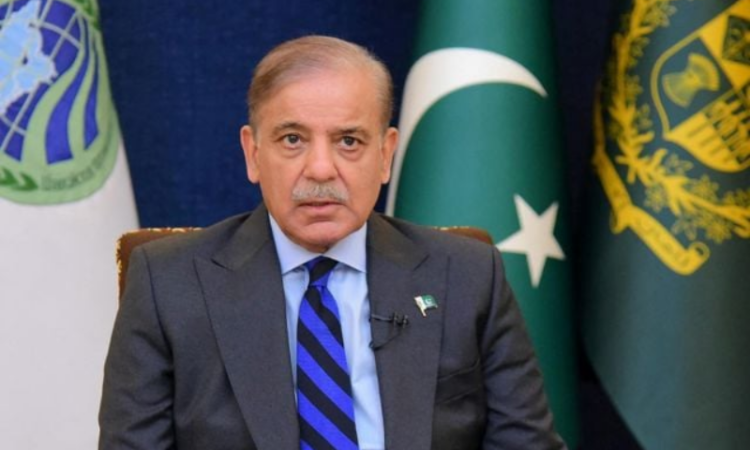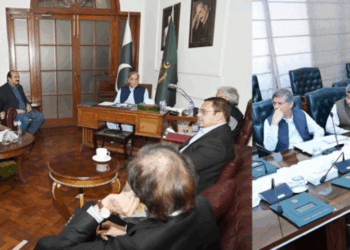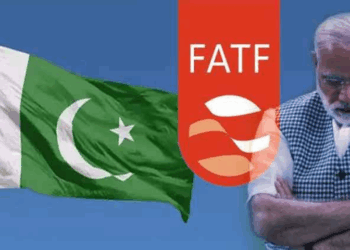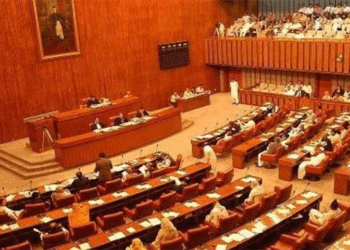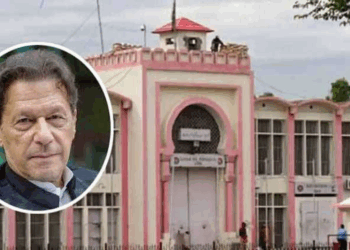Islamabad, February 7, 2025: Prime Minister Shehbaz Sharif on Friday called for predictable, flexible, and grant-based financial support to help developing nations build climate-resilient infrastructure and drive sustainable development.
“Without such support, climate adaptation and green transformation will remain out of reach,” the premier stated in a video address at a two-day international climate conference.
Shehbaz Sharif highlighted Pakistan’s disproportionate climate vulnerability, emphasizing that despite contributing less than 1% to global carbon emissions, the country ranks among the most climate-affected nations.
He recalled the devastating 2022 floods, which submerged one-third of the country and displaced 33 million people. This flood claimed 1,700 lives inflicting $30 billion in damages.
“This tragedy transformed climate change from a distant threat into an urgent call for action,” he stressed.
The prime minister praised the conference organizers for addressing one of the most pressing global challenges and outlined Pakistan’s climate action strategy.
While acknowledging the National Climate Change Policy (2021) and National Adaptation Plan (2023), he admitted that policy frameworks alone were insufficient without robust implementation.
To bridge the execution gap, his government prioritized governance reforms, policy execution
and capacity-building initiatives.
He referenced key national initiatives such as the 5Es & 5Cs framework, embedded in Uraan Pakistan, aimed at integrating climate resilience into energy, equity, connectivity, and development.
He said that the National Climate Finance Strategy (NCFS), introduced in November 2024, designed to enhance climate-related investments and fund sustainable projects.
PM Shehbaz outlined the NCFS’s three-pronged approach to mobilize climate finance at scale.
With transparency and accountability as guiding principles, the three-tiered monitoring system will ensure all efforts align with Pakistan’s climate commitments and sustainability goals.
PM Shehbaz concluded by urging global stakeholders to treat the conference as a resounding call to action, ensuring a cleaner, greener, and more resilient Pakistan for future generations.


